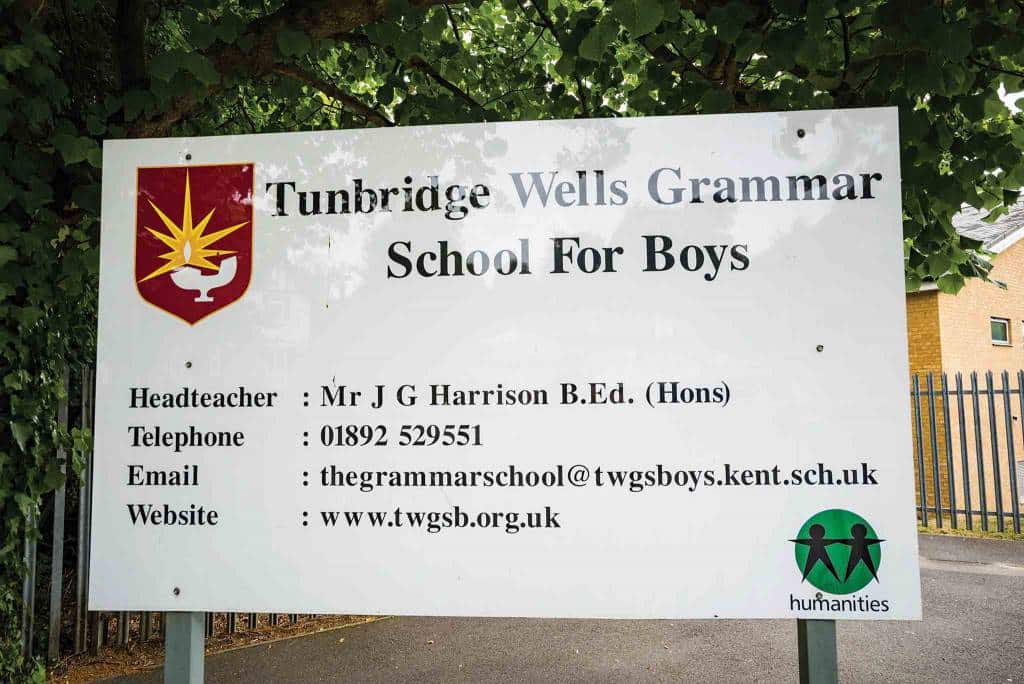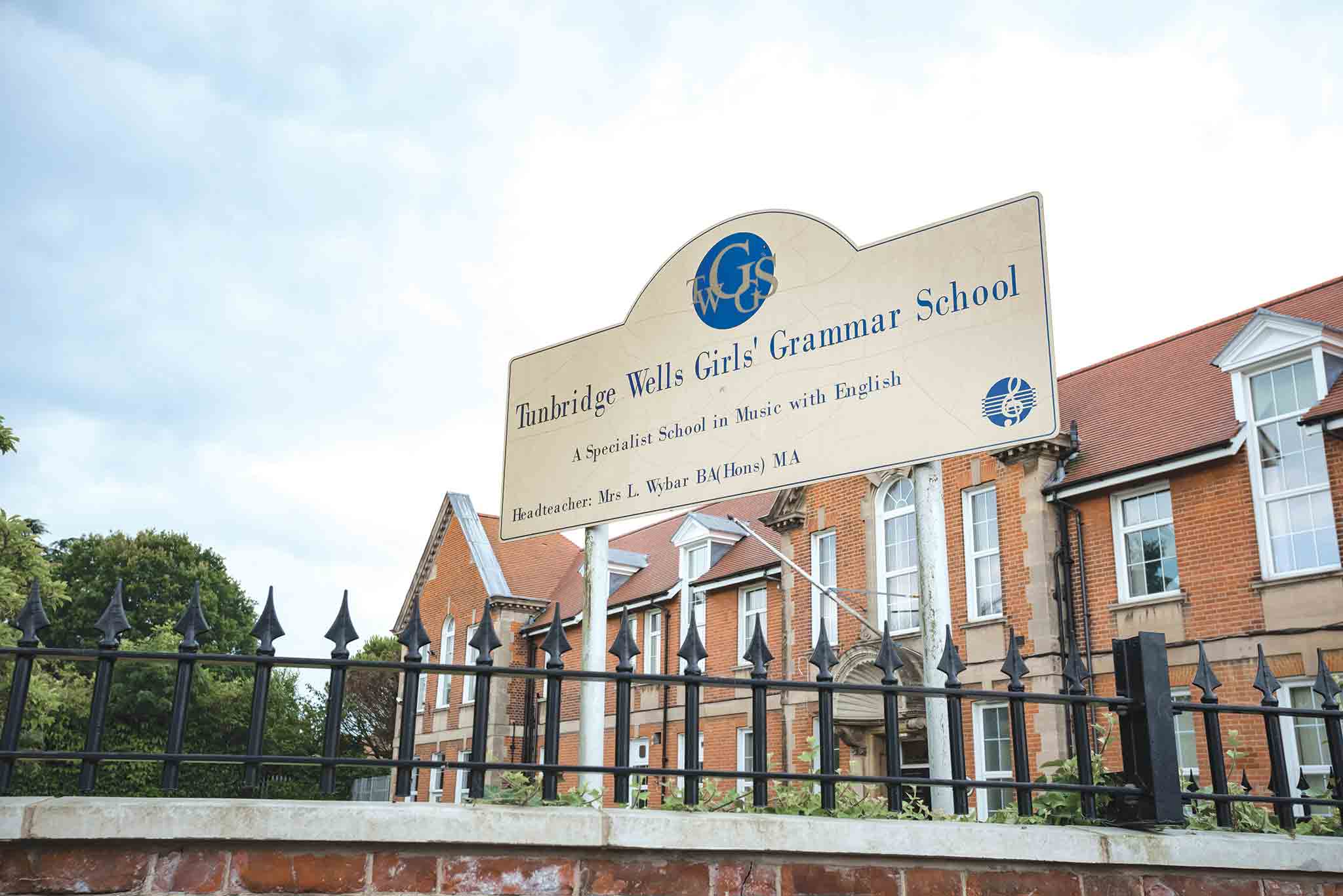Kent County Council has hit back at suggestions that the grammar school system leads to poorer GCSE results in other schools.
The claim came from Kent Education Network (KEN) that is campaigning for an end to the Kent Test, or 11-plus, which it believes leads to education inequality.
However, the KCC’s Cabinet Member for Education, Roger Gough, said the claim was not borne out by exam results.
He said the percentage of Kent pupils attaining five GCSEs, including English and Maths, was exactly the same as the national average.
KEN suggested that Kent students were less likely to achieve three A levels than children in other counties.
Mr Gough said that although there were some other counties which outperformed Kent, they were not in the majority. The latest available figures showed that Kent students achieved an average points score of 779.8, compared with a national figure of 771.9, and an average across the south east of 776.6.
Mr Gough said it was ‘an unfortunate truth’ that there was a gap in the GCSE performance of children on free school meals, but this applied to both grammar and non-selective areas.
And, he pointed out, an Ofsted annual report showed the gaps in free school meal attainment were pretty widespread across the south east.
The county council’s efforts to give pupils from poorer backgrounds a better opportunity to attend a grammar school had been well publicised.
“The improvement of social mobility is a priority for the county council. Lack of social mobility is damaging for the country’s economic growth and wealth creation, and represents a waste of talent which the country cannot afford,” said Mr Gough.
He added the issue of access to better schools for children from poorer backgrounds is a wider one across the country, not confined to the selective system. Some of the most exclusive schools within the state system were not grammars.
Research showed that basing admissions on closeness to a school was one of the biggest drivers of inequality between rich and poor families.
Better-off parents could get their children into the best comprehensives by buying a house near one of them.
This had allowed some comprehensive schools to become more selective, so money became a factor at the expense of examinations and ability.

“Our overriding aim is to improve the education opportunities for children of all abilities across the county,” said Mr Gough.
The latest available Ofsted statistics show that 84.5 per cent of Kent secondary schools are either ‘good’ or ‘outstanding’, compared to 77.6 per cent nationally, and 80.7 per cent across the south east.
“These figures show the impact of our school improvement programme, but we are far from complacent and want to reassure parents that we are intent on improving our figures still further.”
He said that in the past, one of the arguments against the grammar school system had been that it was unfair to judge children on their performance on a single day, when their results could be affected by a number of outside factors.
That was why KCC invited headteachers who saw potential in particular children whose test results were below expectations to put those pupils forward for review and appeal. About 21 per cent of the cohort pass the Kent Test simply by achieving the required scores, and another four to five per cent get through on headteacher panels. Others came in under the appeals process.
“It is strange, therefore, that the Kent Education Network is criticising us for doing precisely that, when it should be applauding the efforts we are making to ensure that all pupils are given a reasonable chance to prove their ability,” said Mr Gough.
The opponents of the grammar school system also seemed to be out of line with much of the public, he added. “We have an ever-increasing number of children taking the Kent Test, including an increasing number of children who qualify for the Pupil Premium, and we know that many families have moved to Kent to take advantage of the grammar school system.
“Teachers who encourage and push their pupils can be found in both grammar schools and non-selective schools.
“With the support of parents and committed school staff, students who want to do well will do well, whether they attend a grammar school, a non-selective school or a comprehensive.”








